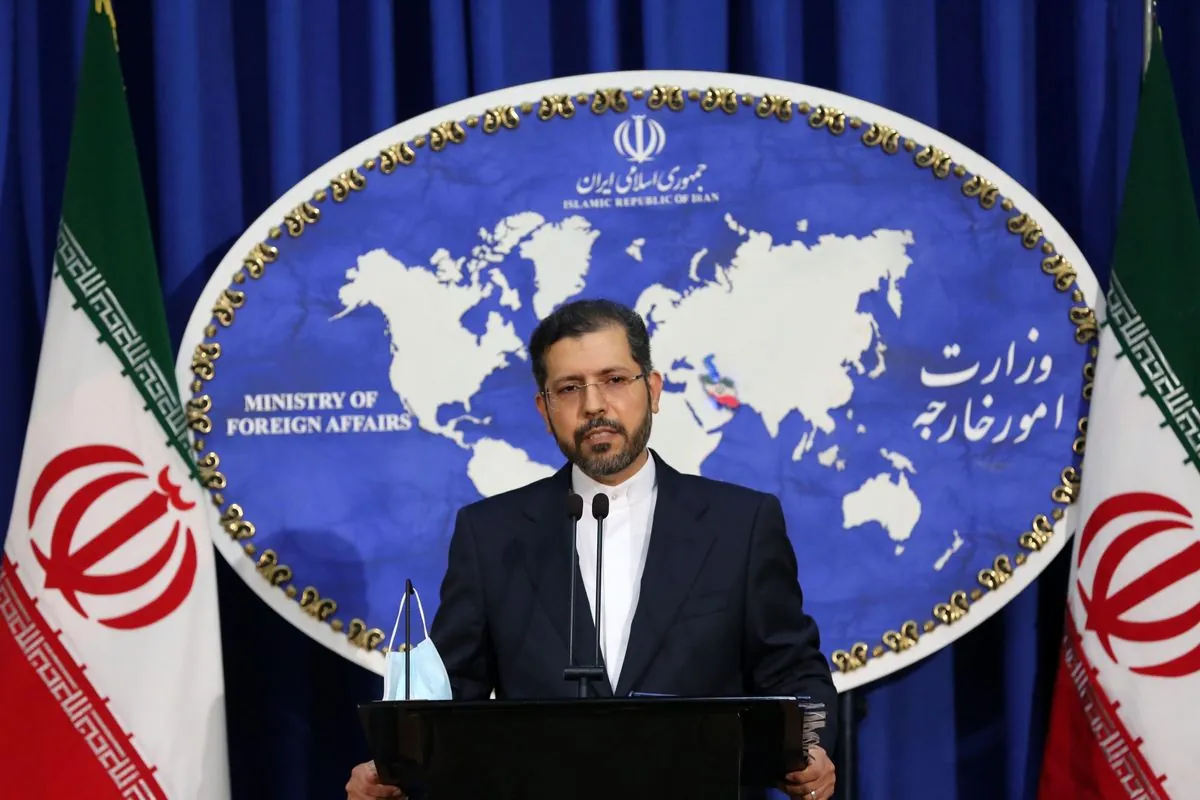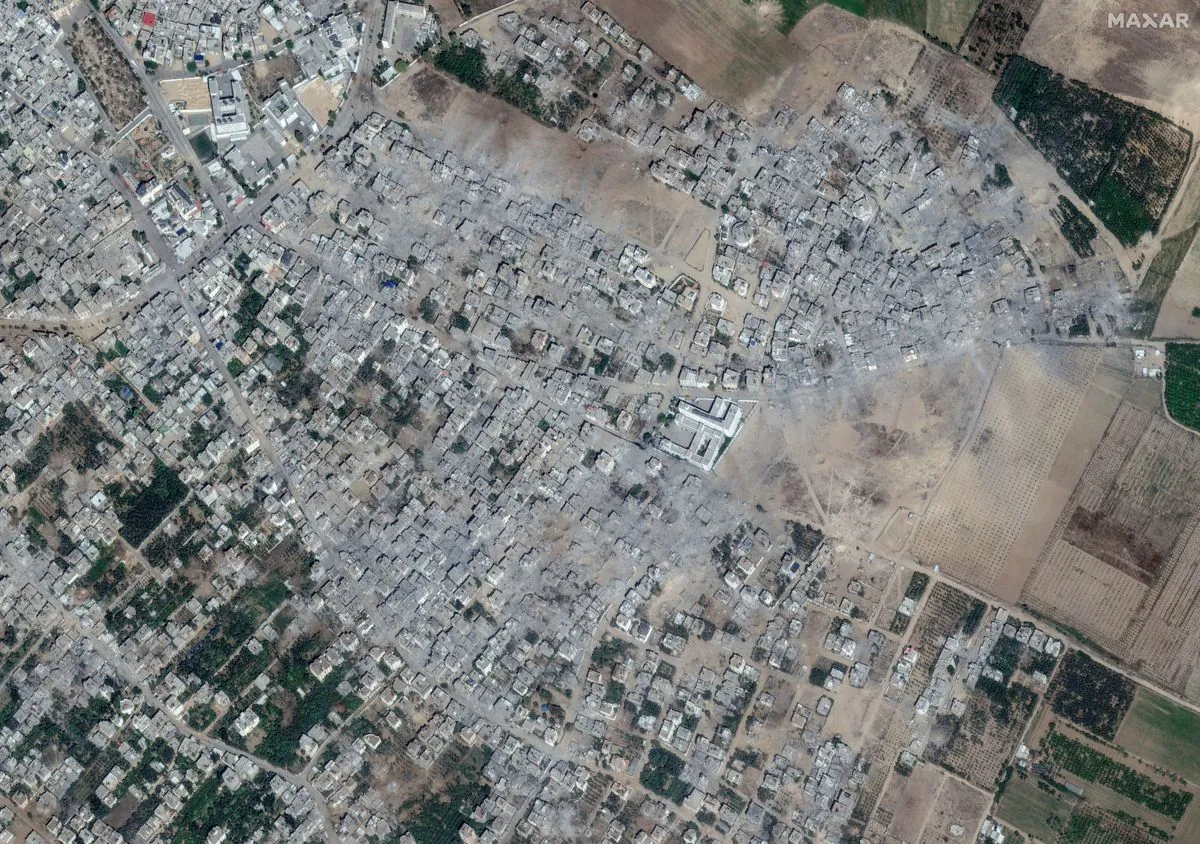Iran Rebukes European Powers Over Call for Restraint Amid Tensions with Israel
Iran criticizes France, Germany, and Britain for urging restraint following a high-profile assassination in Tehran. The dispute highlights ongoing regional tensions and international diplomatic challenges.

In a recent development, Iran has strongly criticized France, Germany, and Britain for their call for restraint in the wake of escalating tensions with Israel. The dispute stems from the assassination of Ismail Haniyeh, the political leader of Hamas, in Tehran last month.
Iran's foreign ministry spokesperson, Nasser Kanaani, stated that the European powers' request "lacks political logic and contradicts principles of international law." This response came after the three nations issued a joint statement on August 12, 2024, urging Iran and its allies to refrain from attacks against Israel.
The assassination of Haniyeh has heightened regional tensions, with Iran, Hamas, and Hezbollah accusing Israel of carrying out the operation. It's worth noting that Hamas, founded in 1987 during the First Intifada, has been designated as a terrorist organization by several countries, including the United States and European Union members.
Kanaani expressed Iran's determination to deter Israel and called on Paris, Berlin, and London to "once and for all stand up against the war in Gaza and the warmongering of Israel." He criticized the European nations for not objecting to what he termed "crimes of the Zionist regime" while demanding Iran not respond to a violation of its sovereignty.
The spokesperson also pointed to broader issues, stating, "The inaction of the United Nations Security Council and the extensive political and military support of Western governments to the Zionist regime are the main factors behind the regional expansion of the Gaza crisis." This statement highlights the complex dynamics of the Israeli-Palestinian conflict, which has its roots in the late 19th and early 20th centuries.

The ongoing situation in Gaza remains a critical concern. The Gaza Strip, under an Israeli-Egyptian blockade since 2007, has one of the highest population densities globally, with over 5,000 people per square kilometer. The United Nations Relief and Works Agency (UNRWA) continues to provide essential assistance to Palestinian refugees in the region.
This latest diplomatic row underscores the challenges facing international efforts to maintain stability in the Middle East. Despite initiatives like the Oslo Accords in the 1990s and the Arab Peace Initiative proposed in 2002, lasting peace remains elusive. The Quartet on the Middle East, established in 2002 and including the UN, EU, US, and Russia, continues its efforts to mediate the conflict.
As tensions persist, the international community watches closely, aware that any escalation could have far-reaching consequences for regional stability and global diplomacy.


































